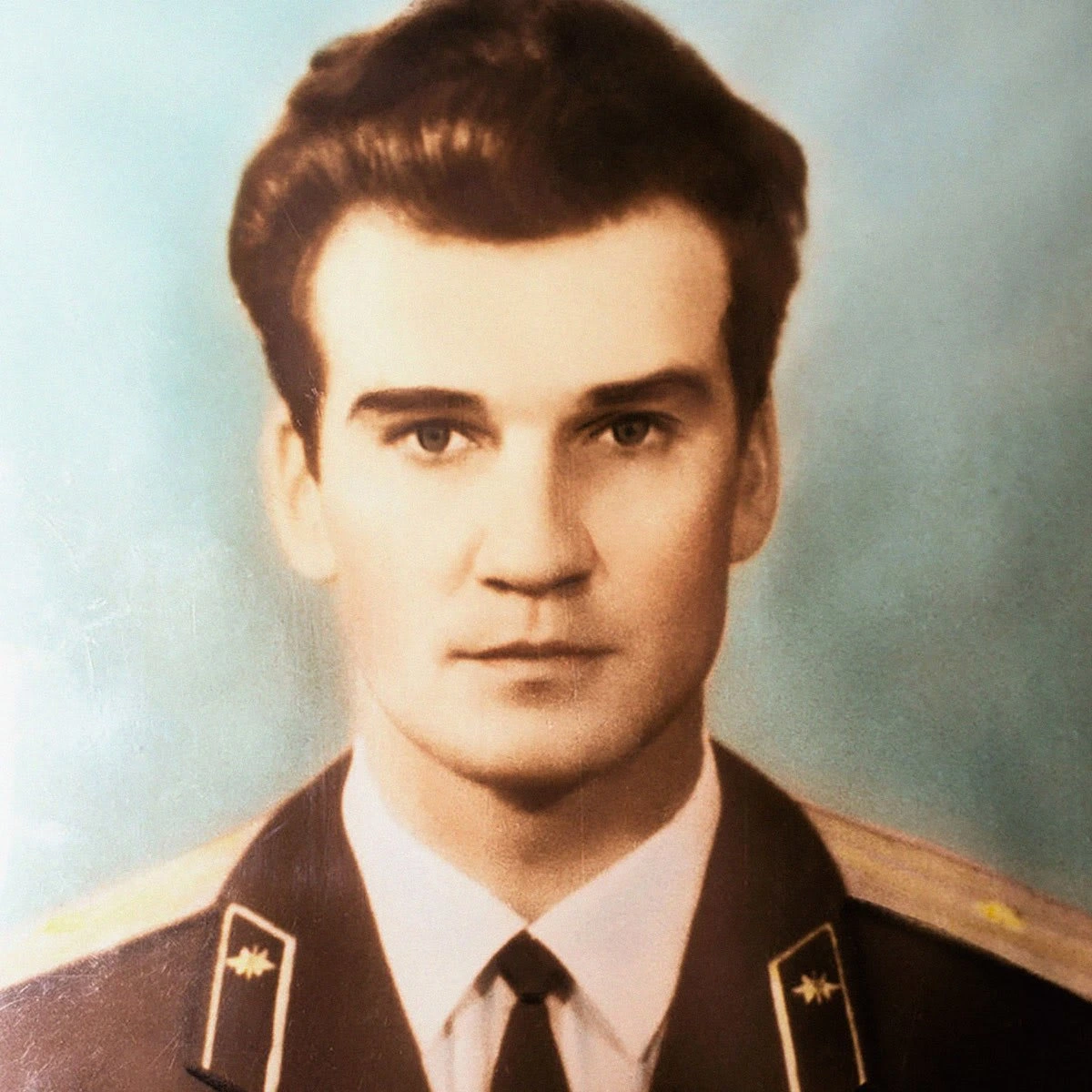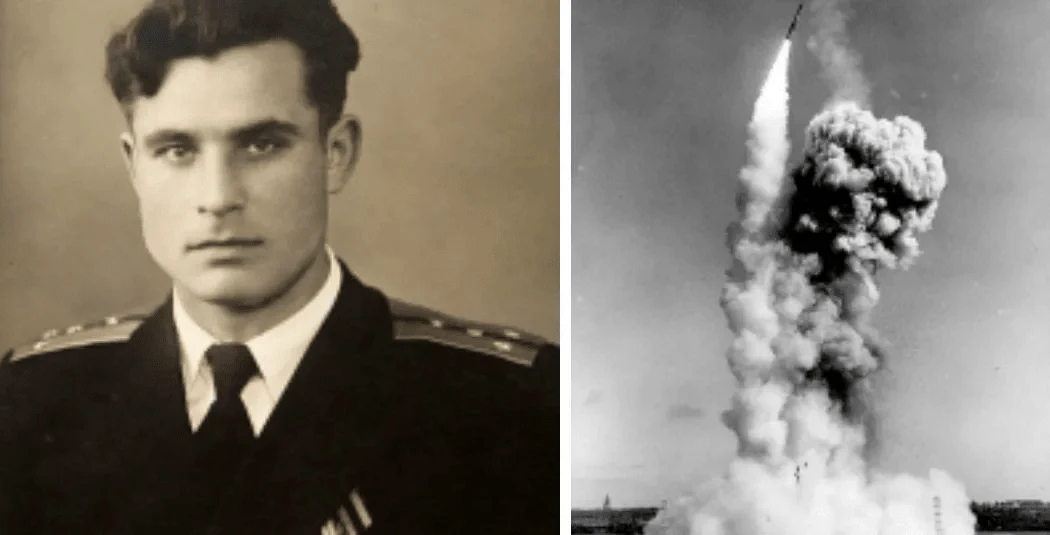"The Silent Hero: How Stanislav Petrov Prevented a Nuclear War"
The Silent Hero: How Stanislav Petrov Prevented a Nuclear War
In the early hours of September 26, 1983, a quiet yet momentous event unfolded in a Soviet military command center. Lieutenant Colonel Stanislav Petrov, a relatively unknown officer, made a decision that would prevent a potential nuclear catastrophe and, quite possibly, save the world.

The Height of the Cold War
The year 1983 was a period of heightened tensions between the United States and the Soviet Union. The Cold War had reached a fever pitch, with both superpowers amassing vast arsenals of nuclear weapons. The slightest miscalculation or misunderstanding had the potential to trigger a devastating conflict.
Petrov was stationed at the Serpukhov-15 bunker, a secret command center near Moscow. His duty was to monitor the Soviet Union's early-warning satellites, which were designed to detect incoming intercontinental ballistic missiles (ICBMs) from the United States. It was a high-stakes job where seconds mattered, and the wrong decision could spell doom for millions.
The False Alarm
In the early hours of that fateful September day, the alarms in the bunker suddenly blared. The satellite system had detected what appeared to be an incoming missile launch from the United States. Petrov's computer screen showed a bright red warning: "Missile Launch."
The protocol was clear: any sign of an incoming missile required immediate notification of the higher command, which would then decide whether to launch a retaliatory strike. With tensions as high as they were, such a strike could have easily escalated into full-scale nuclear war.
As the alarms continued to sound, Petrov was faced with an almost impossible decision. Should he trust the satellite system and report the launch, potentially triggering a nuclear response? Or should he trust his instincts and hold off, risking that the alert was a false alarm?
The Critical Decision
Despite the immense pressure and the severe consequences of inaction, Petrov made a decision that would later be hailed as one of the most critical in human history. He chose to wait. Petrov reasoned that a real American attack would likely involve hundreds of missiles, not just one. Moreover, the system was new and had shown some unreliability in the past.
Within minutes, the alarm was confirmed to be a false alarm. The satellites had mistaken sunlight reflecting off clouds for a missile launch. Petrov's decision to trust his instincts and question the system's accuracy had averted a potential nuclear disaster.
The Aftermath and Recognition
In the immediate aftermath, Petrov's superiors reprimanded him for failing to follow protocol, but they also recognized that his decision had prevented a catastrophic mistake. The incident was kept secret for many years, known only to a handful of military officials.
It wasn't until 1998 that the story became public, thanks to the efforts of a retired Soviet officer, Colonel General Yuri Votintsev, who revealed the details in his memoirs. Petrov's actions were subsequently acknowledged internationally, and he received several awards, including the Dresden Peace Prize and the World Citizen Award.
Despite the recognition, Petrov remained humble about his role. He often downplayed his actions, stating that he was simply doing his job and that anyone in his position would have done the same. He lived a quiet life in Russia until his death in 2017, a silent hero whose quick thinking and courage had saved countless lives.
A Legacy of Vigilance
Stanislav Petrov's story is a stark reminder of the fragility of peace and the importance of human judgment in an age of advanced technology. His actions that night exemplify the power of individual decision-making and the profound impact one person can have on the course of history.
As we reflect on Petrov's legacy, we are reminded of the critical need for vigilance, rationality, and humanity in our global security systems. In a world still fraught with tensions and potential conflicts, the story of Stanislav Petrov stands as a testament to the difference one person can make in preserving peace.

The information provided in the article about Stanislav Petrov and his actions during the Cold War comes from well-documented historical accounts and reports. Stanislav Petrov's story has been widely reported in various media outlets, documentaries, and books over the years. The details of the false alarm incident and Petrov's decision-making process are based on interviews with Petrov himself, accounts from military officials involved, and historical records of the Soviet Union's nuclear strategy and early-warning systems during the 1980s.
Additionally, the incident gained broader recognition and public attention after it was revealed in the 1990s and early 2000s through publications and interviews with key figures like Colonel General Yuri Votintsev, who played a role in making the incident known to the public.
Overall, the narrative of Stanislav Petrov's actions preventing a nuclear war is well-documented and has become a significant example of individual judgment and responsibility in the context of global security.
Like this project
Posted Jun 26, 2024
Stanislav Petrov, a Soviet officer, prevented a potential nuclear war in 1983 by trusting his instincts and correctly identifying a false alarm indicating a U.S
Likes
0
Views
15





